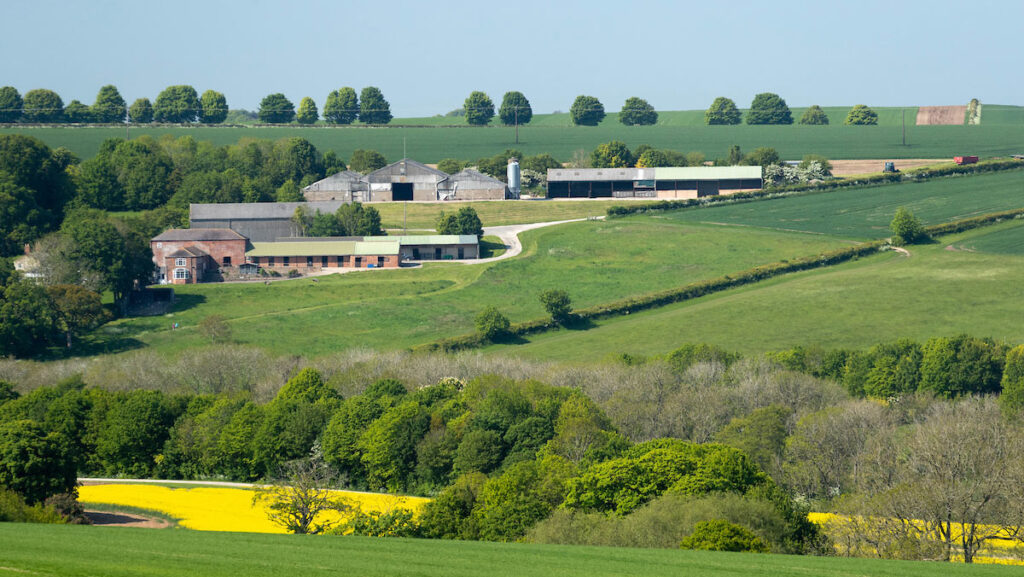New group demands basic income for all farmers
 © Tim Scrivener
© Tim Scrivener A new lobby group called Basic Income for Farmers (BI4Farmers) is demanding a regular, unconditional cash payment for all primary producers, to ensure they stay viable and producing food in the post-Brexit era.
The group, which so far consists of more than 100 farmers and includes other organisations such as the Oxford Real Farming Conference and Sustain, has set out the case for a so-called Universal Basic Income (UBI) payment in a new report.
See also: Defra announces cap on SFI actions to maintain food production
Prepared by BI4Farmers and independent think tank Autonomy, the report says such basic support is needed across the UK to make up for the phase-out of the Basic Payment Scheme, which is already leaving some farms in England “on the brink”.
“Financial insecurity impacts the mental and physical wellbeing of those who produce our food while weakening the overall strength of the local food system,” said report author and BI4Farmers co-ordinator Jo Poulton.
“Finding ways to support these livelihoods will be critical to building the resilient, sustainable, and just local food systems we need.”
Funding gaps
The report notes that, in 2019, the UK received approximately £4.7bn in funding from the EU, with 80% of this provided through the Basic Payment Scheme.
Without these subsidies, between 19% and 42% of farms would have been unable to break even, yet new schemes now being developed by UK governments won’t cover the funding gaps left by the BPS phase-out.
Will White, farming campaign co-ordinator at Sustain, said: “Universal Basic Income could be an important safety net for farmworkers and small new entrant growers.
“When paired with better funding for Environmental Land Management schemes, UBI has the potential to significantly bolster the agricultural sector’s overall resilience.”
The group has yet to work out what the level and frequency of the UBI payment should be, but suggests it should be “universal, for all-scale farmers”, and should be targeted at those working the land.
Funding could come from government, but also from those in the food supply chain that are “comfortably profitable”, such as supermarkets and landlords, it suggests.
Liaison
BI4Famers now wants to liaise with government to develop its ideas and start a fresh debate.
However, Defra has defended its approach to post-Brexit farm support, adding it is “inaccurate” to suggest farmers in England are now receiving less than they did when the UK was in the EU.
“We are fully committed to maintain spending at an average of £2.4bn per year on the farming budget across this parliament,” said a spokesman.
“This significant amount of money is being invested through our package of support schemes and grants which are designed to work for all farm types and sizes, replacing the bureaucratic Common Agricultural Policy which saw 50% of funding go to the largest 10% of landowners.”
